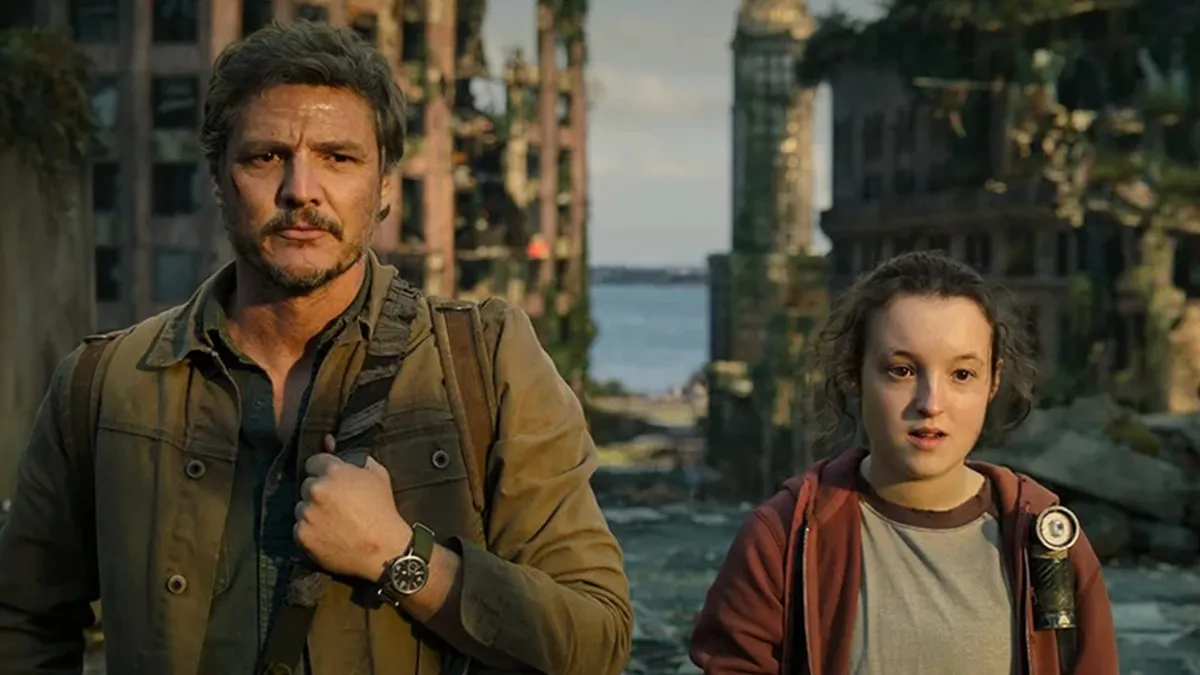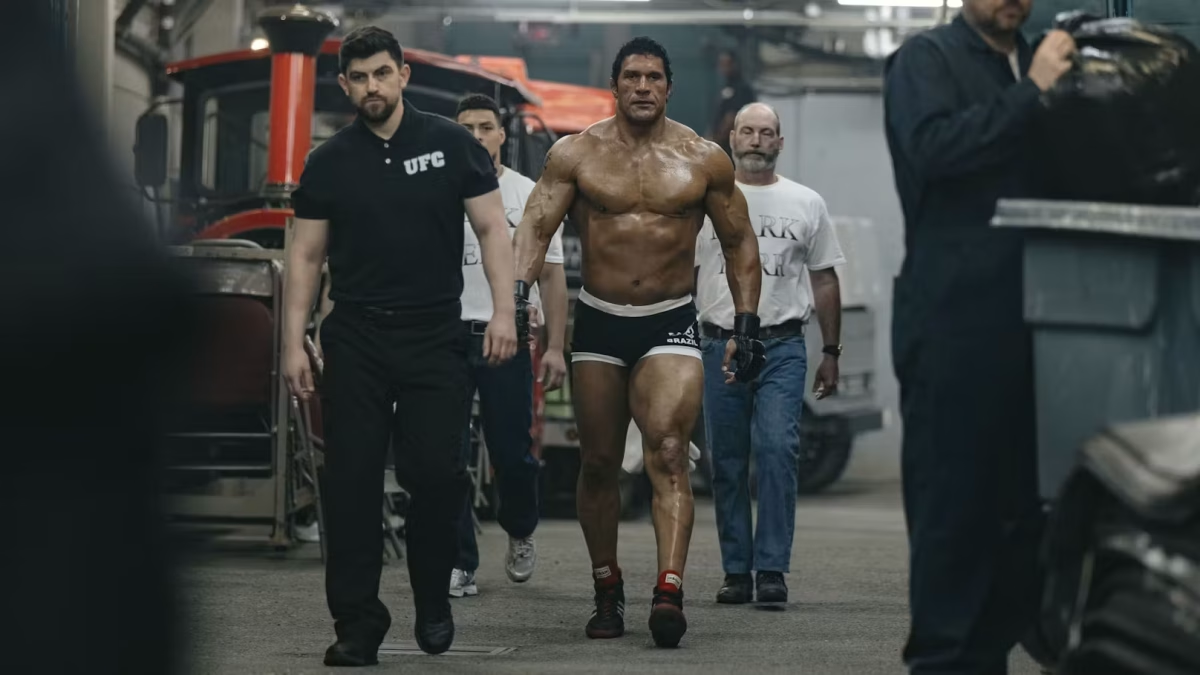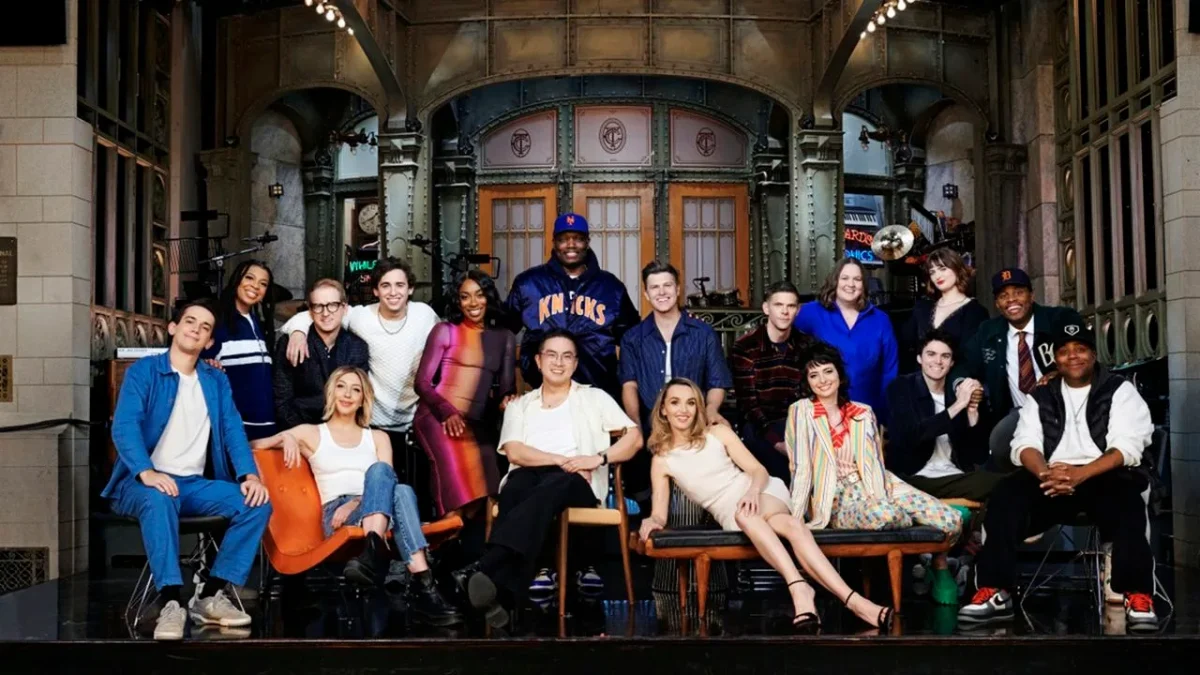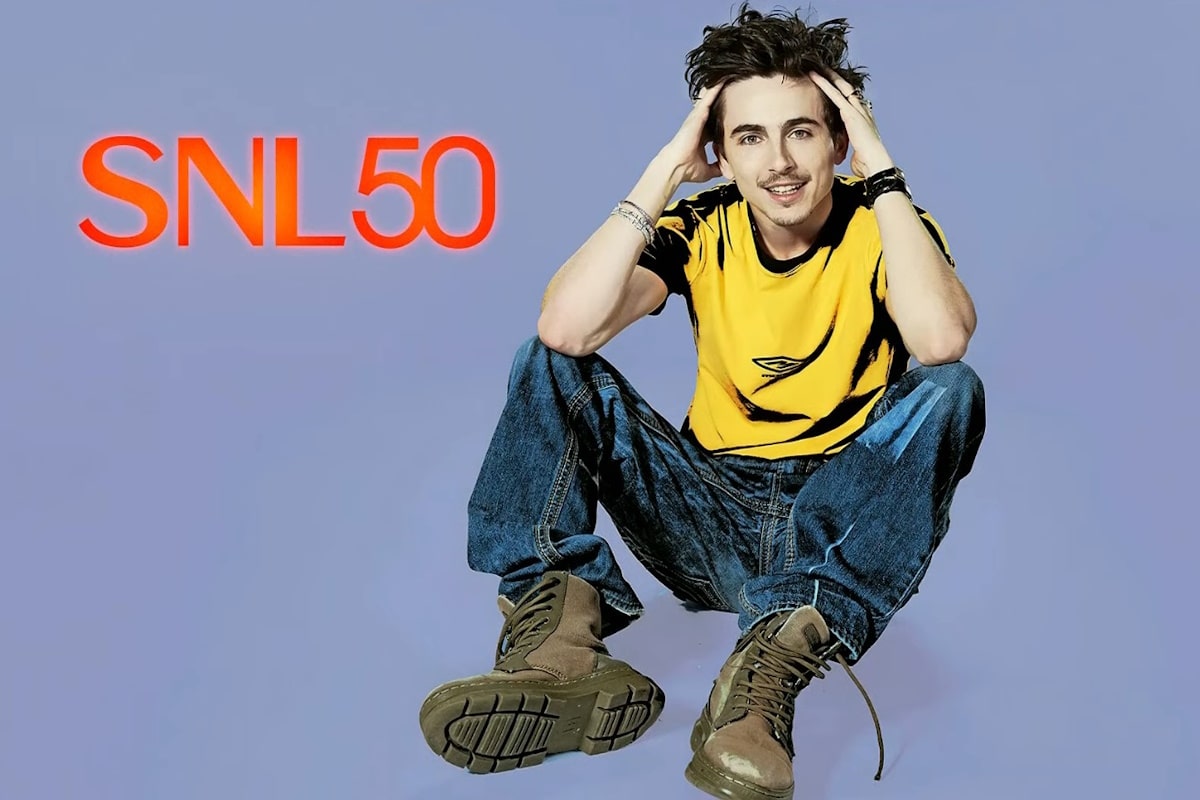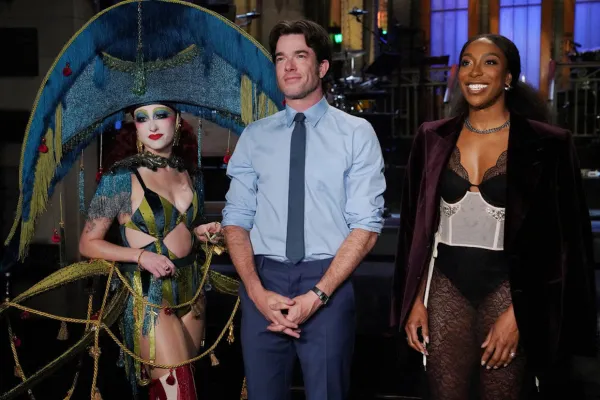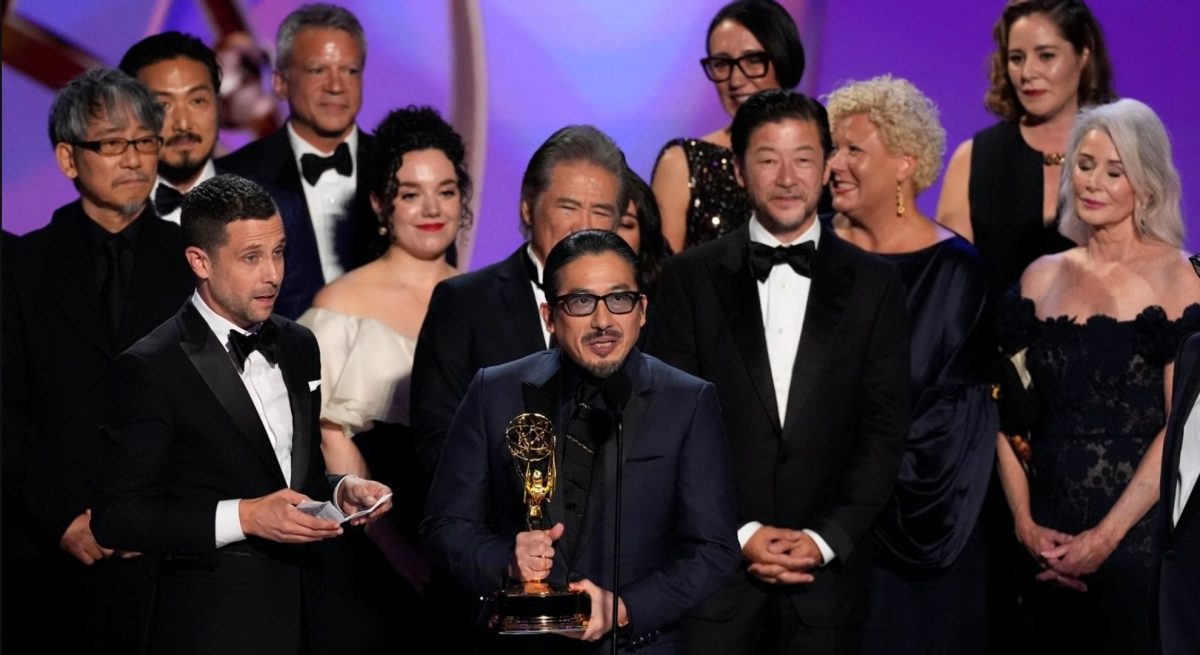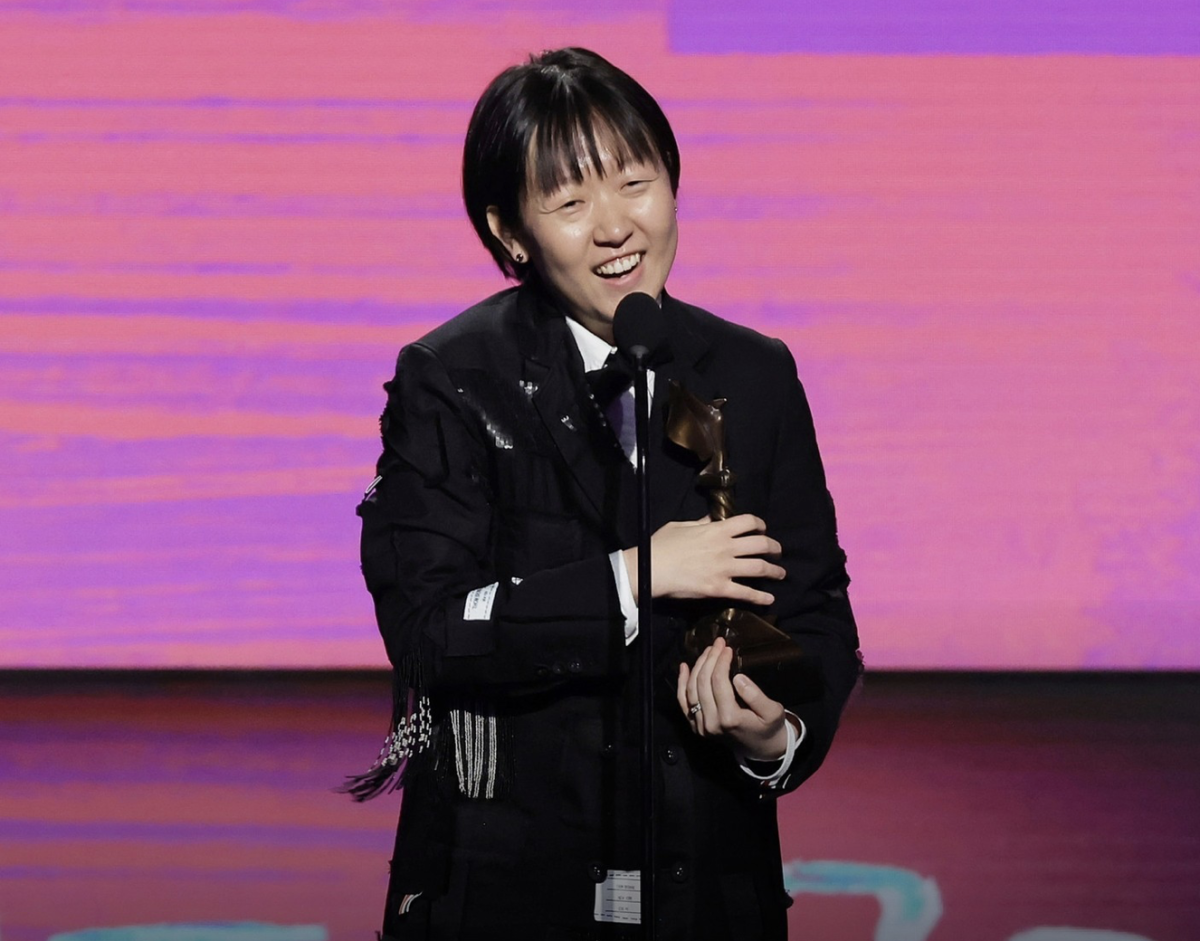There is a quiet tension that runs through every frame of “The Last of Us” Season 2. The world feels heavier, more fragile and so do its characters. HBO’s acclaimed adaptation returns with a bold, emotionally layered second season that refuses to settle into familiarity. Instead, it deepens the story, unafraid to challenge both its protagonists and its audience.
Where Season 1 followed the emotional bond between Joel and Ellie as they journeyed across a crumbling post-apocalyptic America, Season 2 shifts its focus. The narrative becomes less about survival and more about aftermath—of choices made, people lost and the heartbreaking ache that lingers when the dust settles.
Set months after the events of last season, the show picks up with Ellie (Bella Ramsey), navigating the harshness of a world that no longer feels new to her, but also does not feel easier. The storytelling widens its scope, introducing new characters and conflicts that raise moral questions without offering easy answers.
Visually, the show remains a standout. Cinematographer Ksenia Sereda captures a haunting beauty in decaying cities, abandoned homes and mist-covered forests. The landscape becomes its own kind of memory, reminding viewers that this is a world built on the ruins of what once was.
Composer Gustavo Santaolalla continues to play a vital role, grounding emotional moments with music that feels both intimate and extensive. A reworked 1980s ballad makes a particularly moving appearance this season, adding emotional weight to an already memorable scene.
Ramsey delivers a powerful performance. It is raw, restrained and deeply affecting. Their portrayal of Ellie feels heavier now, shaped by trauma, rage and a sense of isolation that is impossible to ignore. Newcomer Dina (Isabela Merced) brings variation and warmth, and the duo’s on-screen dynamic provides rare but needed moments of connection.
The second season also introduces key players who reshape the story’s emotional landscape. Abby (Kaitlyn Dever) enters as a fierce and complicated figure, while Isaac (Jeffrey Wright), leader of a militant faction, adds political weight to the narrative. Neither is reduced to villainy or heroism—every character exists in a moral gray area, and that is what makes them so compelling.
If the first season was about building trust, Season 2 is about what happens when that trust fractures. The pacing is slower and more reflective at times, but the tension never fades. Dialogue is used sparingly, with silence often doing the heavy lifting. Every pause, glance and decision carries meaning.
Writers Craig Mazin and Neil Druckmann continue to strike a careful balance between honoring the source material and reimagining it for television. Rather than mirroring the video game scene by scene, they allow the show to breathe in its own medium, which occasionally diverges, but always with purpose.
As the season heads toward its final three episodes, it is clear that “The Last of Us” is not just adapting a game, but rather reinterpreting it. It challenges viewers to question what justice looks like in a lawless world, and whether vengeance brings closure or just more ruin.
With its cinematic direction, grounded performances and willingness to lean into emotional discomfort, Season 2 cements “The Last of Us” as one of the most emotionally intelligent shows on television and one of the best adaptations of a video game. It is not always easy to watch, but it is never forgettable either.
Rating: 5/5

